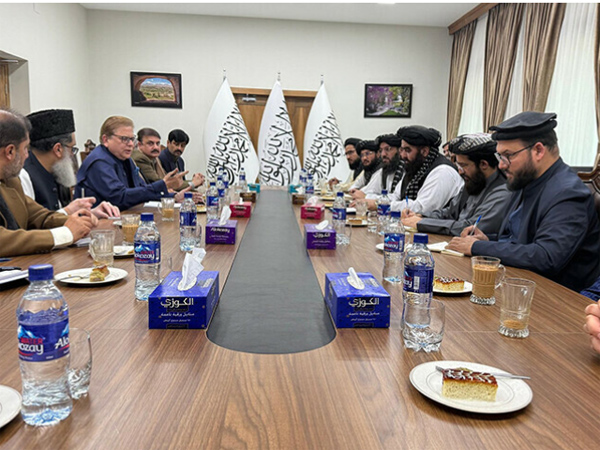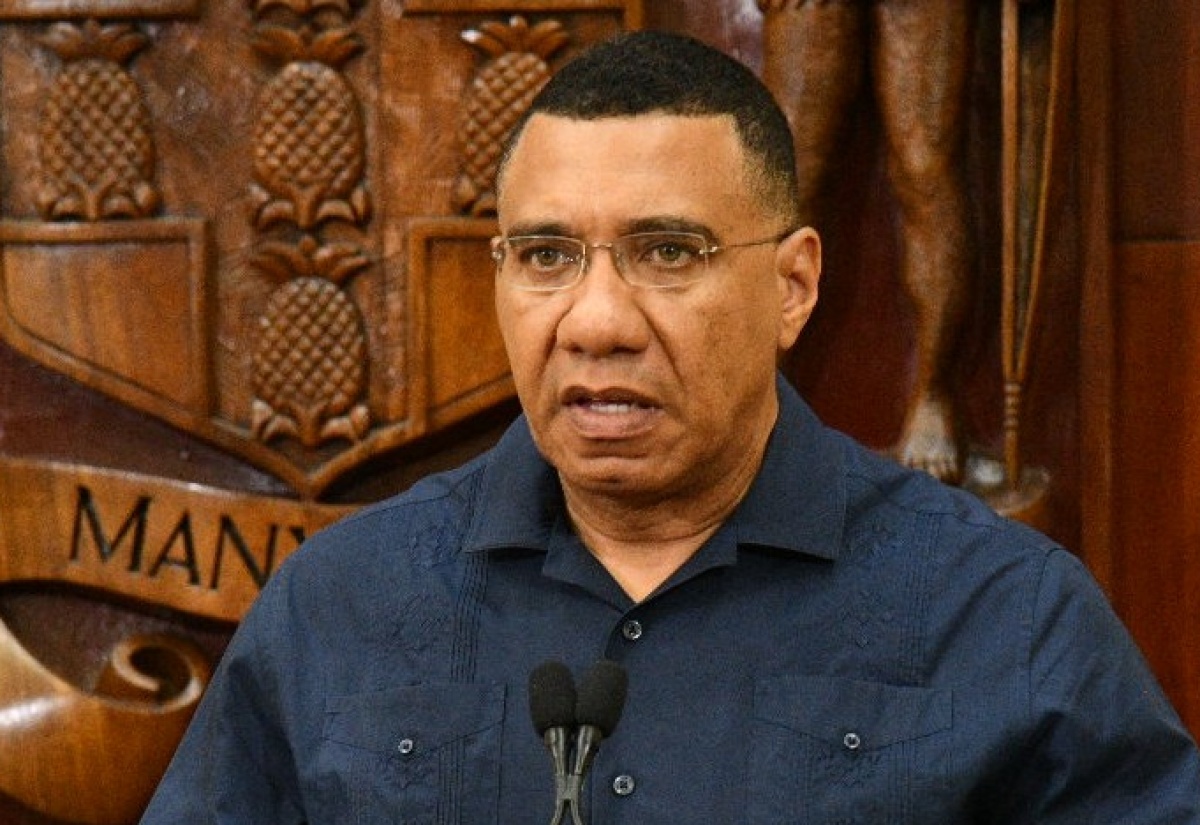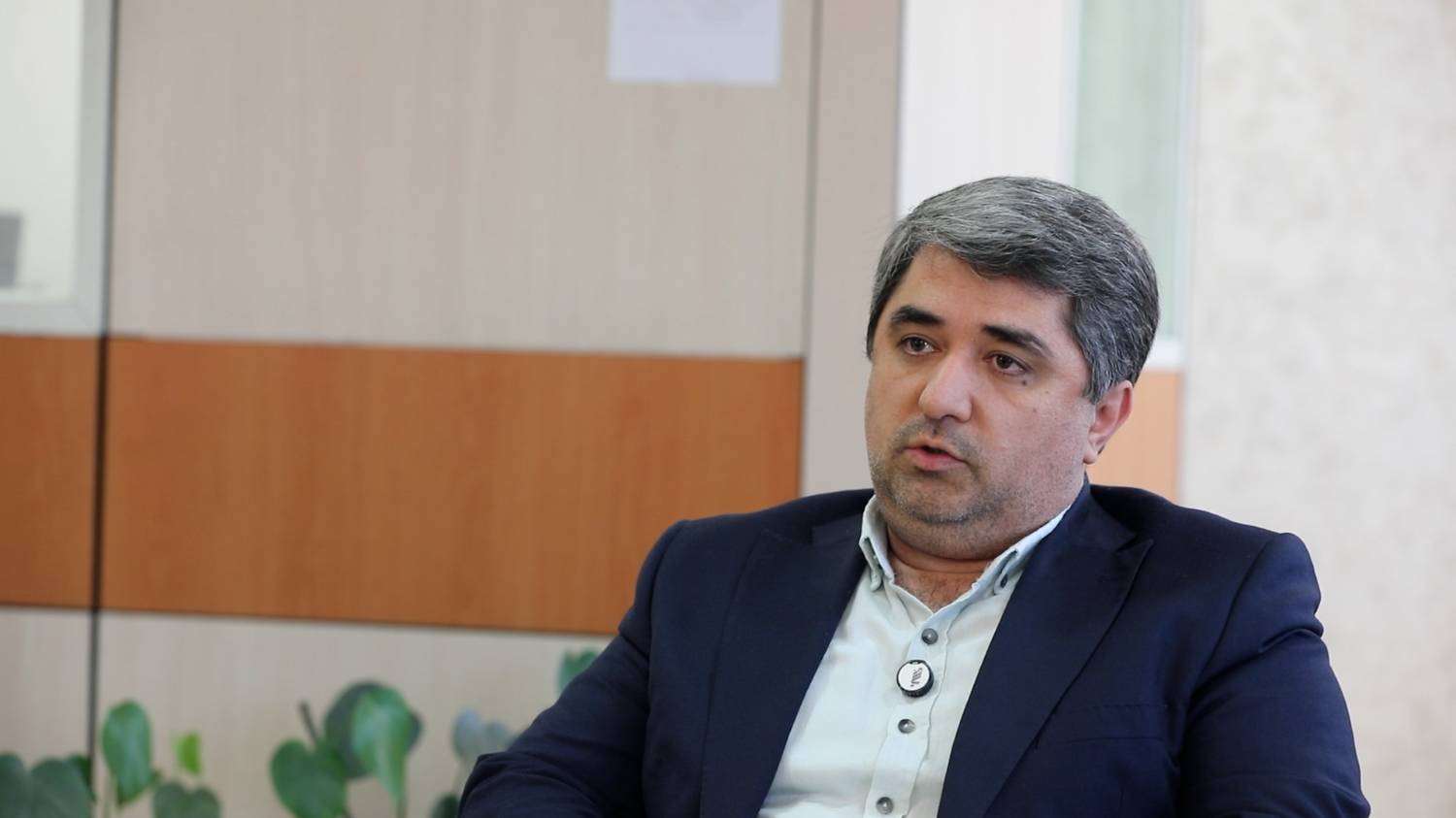Copyright dailytimes

The second round of Pakistan-Afghan talks is underway in Turkiye under the Doha framework, with mediation by Türkiye and Qatar, as Islamabad seeks verifiable commitments from the Afghan Taliban to end cross-border militancy. Despite intensive discussions, sources indicate that progress has stalled amid Taliban reluctance to act against Tehreek-e-Taliban Pakistan (TTP) and Balochistan Liberation Army (BLA) elements operating on Afghan soil. Officials familiar with the negotiations told Daily Times that Pakistan’s delegation presented previously unseen photographs and documents showing TTP leadership with Afghan identification and other paperwork, confirming their continued presence in Afghanistan. The evidence directly contradicted Taliban claims that their territory was not being used for attacks in Pakistan and reportedly caused visible discomfort among the Afghan representatives. The evidence was precise and detailed according to sources familiar with the discussions, as it “included photographs, identity documents, and other proof that the leadership of TTP and BLA has been residing and operating in Afghanistan under Taliban oversight.” The Taliban team reportedly requested frequent breaks to consult with officials in Kabul and Kandahar, highlighting internal divisions within their leadership. Analysts say the pattern demonstrates that the Taliban delegation lacks full authority and is caught between ideological loyalty to militant networks and the practical need to maintain regional diplomacy. Pakistan has made clear that verbal assurances are insufficient. Officials have demanded a written commitment from the Taliban to dismantle TTP and BLA leadership, expel militants, and prevent the use of Afghan territory for attacks against Pakistan. Islamabad has reiterated that any half-measures will not satisfy Pakistan’s security requirements. The Taliban have consistently refused to provide written guarantees as they continue to argue that dialogue among Muslims is preferable to coercive measures, but this does not prevent cross-border attacks. The Doha framework, which has guided these negotiations, emphasises confidence-building, cross-border coordination, and regional stability. Türkiye and Qatar have played active mediation roles, joined by Saudi Arabia and the UAE, which have publicly backed Pakistan’s demand that Afghanistan must prevent its soil from being used for terrorist activity. Diplomatic sources have also noted the potential influence of external actors, including India, in shaping Taliban calculations. Pakistan has long alleged that Indian intelligence maintains contacts with TTP-linked intermediaries in eastern Afghanistan, using these networks to exert pressure on Islamabad. The stalemate underscores the Taliban’s dual challenge of consolidating governance while managing ideological and political loyalties. Failure to address Pakistan’s demands could have immediate consequences for security along the western border, as well as broader implications for regional stability. Data from Pakistan’s National Counter Terrorism Authority (NACTA) similarly indicates that TTP-linked attacks have surged by over 60 per cent since the Taliban’s rise to power, resulting in more than 500 fatalities among Pakistani security personnel in the last two years alone. The mediators are reportedly exploring options to bridge the gap, including joint monitoring mechanisms and intelligence-sharing protocols. However, Pakistani officials caution that any framework will be ineffective without Taliban compliance and enforceable commitments. The Pakistani delegation has stressed the importance of the Durand Line as the internationally recognised border and has tied progress in the talks to compliance with security measures along this frontier. Continued Taliban inaction will force Islamabad to consider alternative security responses, including unilateral measures to neutralise threats from across the border. The talks have significant regional stakes. A successful agreement could enhance confidence in the Taliban’s ability to govern responsibly and restore some stability along the Pakistan-Afghanistan border. Conversely, continued Taliban inaction risks diplomatic isolation, escalated cross-border attacks, and heightened tension with neighbouring states, particularly Pakistan. Observers note that the Istanbul round of negotiations is critical for a broader regional security architecture. Türkiye and Qatar have invested considerable diplomatic capital in facilitating the dialogue, while Saudi Arabia and the UAE have also lent their support to ensure that Pakistan’s concerns are addressed. Analysts say that the outcome of these talks will influence future cooperation on trade, energy, and counterterrorism initiatives in South and Central Asia. Pakistan’s stance is uncompromising. Officials emphasise that the state will not negotiate with or provide concessions to groups designated as terrorist organisations, and that the Taliban must choose between continuing to shelter militants or engaging in meaningful diplomacy with Islamabad. Situationer



